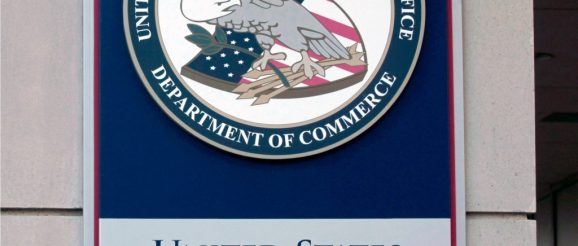Klietmann: Ivy League profs taking potshots at patents imperil innovation

Some Ivy League academics recently laid out ways in which they think the Biden administration can intervene under existing law to cut prescription drug costs.
All Team Biden has to do is ignore the plain meaning, text and legislative history of the laws at issue, as well as numerous court rulings running explicitly counter to the view the professors espouse. Oh, one more thing. President Biden will have to unilaterally gut America’s patent system.
Activists have been touting the letter as something like holy writ — the combined judgment of two of America’s most prestigious institutions of higher education, Harvard and Yale. As a former lecturer at Harvard Medical School myself, I can assure you the letter is no such thing. The authors are speaking only for themselves.
Nor is the substance of the letter new. The same argument has been making the rounds for 20 years by now, rejected by administrations of both parties. The law has not changed in this period. The only thing that might have changed is the receptivity of at least some government officials for a power grab like this.
The importance of patent protection has been well understood in this country since its founding. Article 1, section 8 of the Constitution empowers Congress “To promote the Progress of Science and useful Arts, by securing for limited Times to Authors and Inventors the exclusive Right to their respective Writings and Discoveries.”
Congress has done just that. One such landmark piece of legislation is the 1980 Bayh-Dole Act.
Prior to Bayh-Dole, the patent rights to any inventions supported by taxpayer money became the property of the federal government. But the government isn’t in the business of developing commercial applications for scientific discoveries. Nearly 30,000 government-patented discoveries were sitting idle before Bayh-Dole. This meant that taxpayer money put towards scientific research wasn’t actually benefiting taxpayers.
Bayh-Dole solved this problem by letting universities hold the patents, allowing them to license their discoveries for commercial development — a powerful incentive that has opened a floodgate of innovation.
The law has a protective proviso, however, designed to ensure patented discoveries are made available to the public. If they aren’t, the government reserves the right to “march-in” and issue a patent license to a third-party who will make the product available.
That’s the point at which the Ivy League professors themselves come marching in. They want the government to use this provision to license cheap generic copies whenever officials deem the price of a medication to be too high — especially in cases where the government has made even a minuscule funding contribution to the preliminary research.
This gross misreading makes a mockery of the law’s intent. Sens. Birch Bayh and Bob Dole, the authors of the legislation, wrote in 2002 that “Bayh-Dole did not intend that the government set prices on resulting products.” But what would they know?
The esteemed professors have still another outrageous argument on offer. It turns out the government’s hidden authority to control drug prices actually dates back 70 years earlier!
Section 1498 of Title 28 of the U.S. Code lets the federal government manufacture patented inventions without a license so long as the original patent holder is reasonably and entirely compensated. Section 1498 applies when the government itself infringes a patent for its own benefit, such as during wartime.
But why stop there? The professors urge President Biden to order or authorize third-party manufacturers to copy patented drugs. Never mind that numerous court rulings have found Section 1498 can’t be used in this way.
Legal debates aside, twisting laws like Bayh-Dole and Section 1498 to achieve the admittedly popular political goal of lower drug prices would be a disaster for future innovation.
Bayh-Dole alone has spurred approximately $1.7 trillion in additional economic output and fostered the creation of more than 15,000 startups. These advances would be wiped out if the federal government heeds the advice of the professors.
The U.S. economy was built on the concept of free enterprise and private ownership. And thanks to the Bayh-Dole Act, academic institutions were entitled to pursue the ownership of an invention, instead of assigning the fruit of their labor to the federal government. This protection of intellectual work opened a floodgate of innovation and stimulated free enterprise, the driving force of American economic success.
Killing the golden goose is a shortsighted political interference into a free-market economy.
Dr. Wolfgang Klietmann is a former clinical pathologist and medical microbiologist at Harvard Medical School and past president of the Harvard Business School Health Industry Alumni Association.
